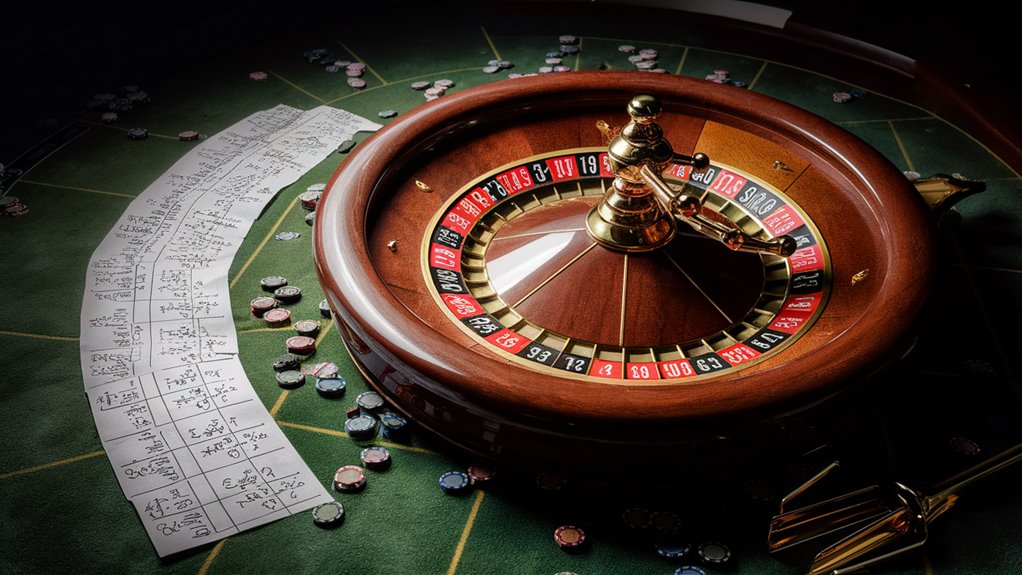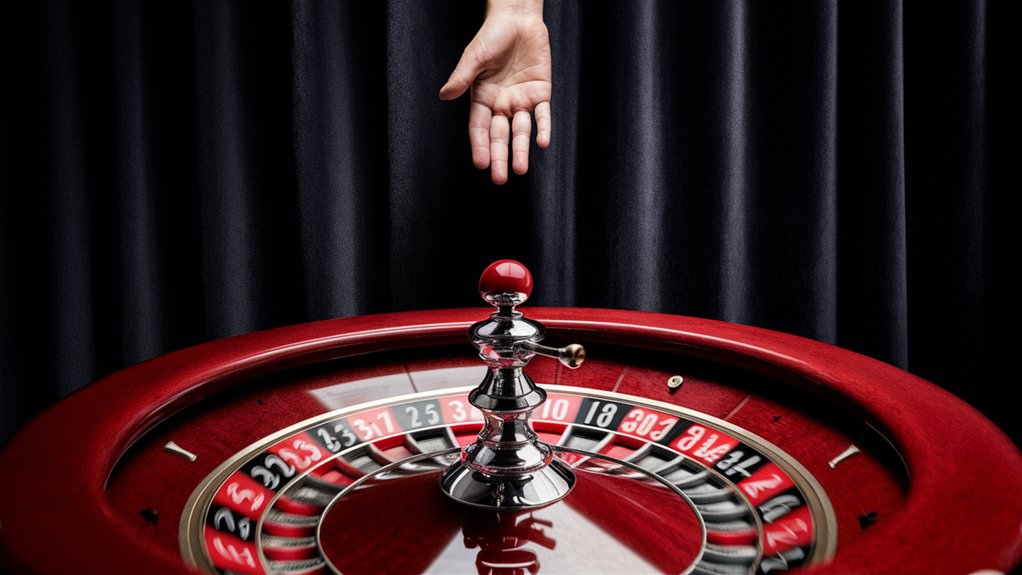Stay Away from Roulette: Key Facts You Need to Know

Know the Edge You Can’t Beat
The math behind roulette is a wall no trick can get past. European roulette wheels keep a 2.7% edge for the house, while American roulette tables push this to about 5.26%. These numbers are solid facts that shape how things turn out over time. 이 내용을 꼭 확인해보세요
Real Talk on Betting Tricks
Growing bet plans like the Martingale move always fail due to table limits and money limits. Even a $10,000 pot hits the wall after just 6 lost bets. Making choices on feelings messes up player thinking by 40%, making more room for errors and bad calls.
Keep Your Cash Safe
Watch Your Time and Bets
Rules on how long to play—1-2 hours—shield you from losing more than you should. Sticking to a bet size is the best shield against piling up losses, as playing long often adds up to 23% more in losses.
Hard Math
The harsh math shows why it’s impossible to keep winning at roulette. The table limits, paired with the sure chance of bad luck, mean no bet plan or trick can bring constant money.
Ways to Cut Risks
- Stick to set bet limits
- Keep strict time rules
- Step away from growing bet schemes
- Know the real odds and house edge
- Never chase losses or boost bets on a whim
Hard Truths About the House Edge
Getting the Edge in Roulette: It’s All Math
Basic Edge Facts
The house edge in roulette is a built-in math lead tied right into how the game works.
European roulette has a 2.7% house edge, and American roulette goes up to a 5.26% house edge because of the extra zero. These edges stay the same no matter your plan.
Spins Stand Alone
Each turn of the wheel is its own thing, without any link to what happened before.
This fact kills any hope that watching numbers or getting more bets down can shake off this math.
How The Casino Wins
The casino makes its money straight from the built-in math lead of the house edge.
This set percentage makes sure the casino always ends up ahead over time, turning roulette mainly into just fun and not a way to make cash. Bets With Charged Momentum
Quick Facts on House Edge:
- European Roulette: 2.7% house edge
- American Roulette: 5.26% house edge
- Each Spin Stands Alone: No ties to past results
- Betting Schemes: Can’t beat the fixed edge
- Math stays Solid: The edge never changes with strategy
The casino’s math lead is a set part of roulette play, locking in regular losses over time if you stick with system bets.
Where Betting Plans Break Down
Why Betting Schemes Don’t Work in Roulette: A Numbers Breakdown

Big Flaws in Popular Betting Plans
Famous betting plans don’t push past the house edge in roulette, bringing players big money losses even though they seem smart.
A close look at the most common plans shows deep math issues that stop any long haul wins.
The Martingale Splits Under Real Life
The Martingale bet plan breaks down in the real world because of two big limits:
- Table bet caps stop the needed rise in bet doubling
- Money limits make it impossible to get back up from lost rounds
Start with $5, and after just six lost bets, you’re out—a scene that happens all too often.
D’Alembert and Fibonacci: Math Tricks
The D’Alembert move seems safe with its slow bet increases, but it just draws out losses without hitting back at the house advantage.
The Fibonacci bet path looks smarter but falls to the same math trap of not able to beat the 5.26% house edge on American wheels.
Stats prove these plans turn small losses into huge drops during bad luck runs.
The True Numbers of Betting Plans
Deep chance checks show all bet plans have the same bad spot:
- Can’t shake off set house edges
- Speed up losses with more play time
- Give a fake feeling of math control
- Don’t think about table caps and cash handling
These plans are just different roads leading to the same math truth—constant losses over time.
Warnings in Money Handling
Signs of Money Trouble in Gambling
Watch Out for Bad Betting Signs
Chasing losses is one of the top danger signs in gambling cash handling.
When players up their bets after losses, hoping to win it back, they step into a math no-no that quickly eats up their money.
Unrealistic Hopes and Risk Moves
Setting too high win goals, like doubling cash in one go, kicks off risky bet moves.
